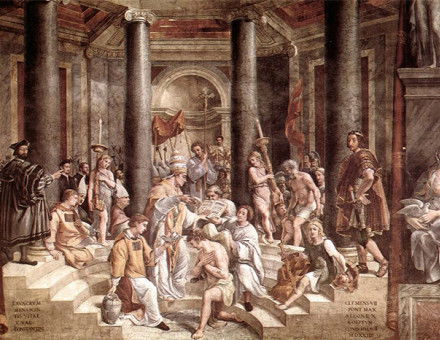GIs and the Race Bar in Wartime Warrington
Why did the US army in wartime Britain try to get a Lancashire dance-hall declared 'out of bounds' to a young West Indian? Janet Toole describes an episode - and the brave stand taken by the dance-hall owner – that revealed Uncle Sam's unease about the mixing of black and white.




